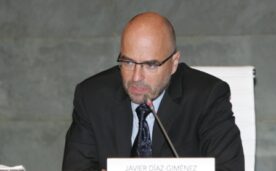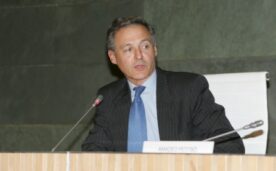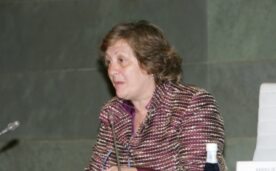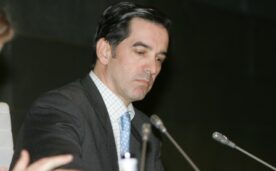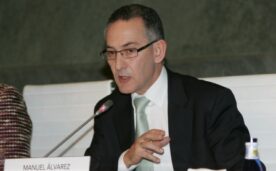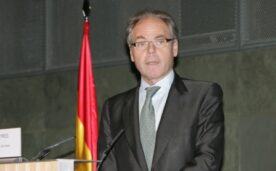On 28 January the government presented its proposal to reform the pension system. This was an issue of vital importance for the future of the Spanish economy. And not only in the short term - because of the scope of the reform for the credibility of our country and for access to the necessary financing - but, above all, in the medium and long term, because of the pressures to which our economy will be subjected in view of the ageing of the population and the essential change in the growth model.
In view of the above, the Rafael del Pino Foundation, in collaboration with the Círculo de Empresarios, organised a conference entitled "Pension reform: beyond the Toledo Pact", with the aim of analysing, from a general perspective, the need to modify the system itself. In addition, the conference dealt in greater depth with some specific issues of unquestionable interest in any reform proposal, such as the transfer of implicit debt to future generations or the tax aspects of pension plans.
The conference was presented by Claudio Boada, President of the Círculo de Empresarios, and was structured around two round tables. The first, moderated by the Director of the Rafael del Pino Foundation, Amadeo Petitbò, dealt with the future evolution of the pension system and included interventions by Javier Díaz-Giménez, Professor at IESE, and Pilar González de Frutos, President of UNESPA and former Director General of Insurance and Pension Funds.
The second round table dealt with other specific questions on the subject. The interventions were made by Ángel Martínez-Aldama, Director General of Inverco; Juan Chozas, Partner at KPMG and former Secretary General of Employment; and Manuel Álvarez, Director of the CASER Pension Observatory, under the moderation of Belén Romana, Secretary General of the Círculo de Empresarios.

